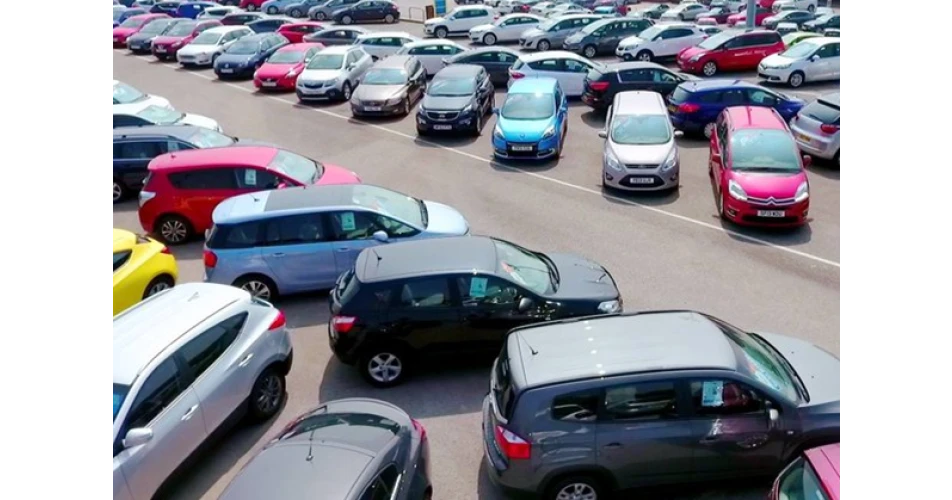New car sales in Ireland have been in a state of flux since the start of the Covid Pandemic and last year only just broke the 100,000 sales barrier, compared to pre-covid levels, in the region of 130,000 or more. Many in the industry had hoped that 2023 may bring a change of fortune, but evidence emerging from dealer networks, in what is traditionally the busiest time of year for car sales in Ireland, does not paint a rosy picture.
The problem is not down to demand, as illustrated by a survey of 5,000 drivers by Easytrip, which found that 34% of motorists are considering the purchase of a new vehicle this year, with hybrids being the main choice at 39%, followed by electric at 27%, diesel at 23% and petrol at 9%.
Indeed there is lots of pent-up demand caused by lack of sales activity in Covid, new car supply issues over recent years and very limited used car availability. So many potential buyers are going through the motions of visiting a dealer, or configurating their new car online, only to be very disappointed when they want to confirm their order.
Waiting times for most new cars are stretching to many months, or in some cases over a year, with new EVs taking especially long to arrive. In some cases, dealers are actually reluctant to commit to a delivery date because of uncertainty over supply. Indeed anecdotal evidence suggests that many purchasers are being quoted dates a few months down the line, only for this to be extended several times.
The problem is simply down to availability. Covid and supply chain issues, caused by factors such as the war in Ukraine, have had a major impact, but the main issue remains a scarcity of semi conductors. These chips are used across all kinds of electronic devices and when Covid hit most car manufacturers, used to just-in-time delivery and plentiful supply, turned off the semi conductor supply chain tap, because they thought sales would slump. In the meantime, demand for the chips spiralled because of rising demand for smart devices and home appliances.
Global new vehicle demand bounced back far quicker than expected, but when car makers went in search of semi conductor supply again, they found them much harder to source. This has meant car plant temporary closures or production go slows all over the world, with Europe being especially badly hit. With production capacity hit by the limited number of semi conductors available, most car makers have also concentrated on premium higher priced models, to maximise profitability per chip.
While new semi conductor supplies are coming on stream, there remains a backlog in the system and with Ireland a small market at the very end of the supply chain, new cars at the dealership remain in very short supply.
An added issue also appears to be uncertainty over pricing. Many dealers are reluctant to commit to a final price for a new vehicle, because of the many months it may take to arrive. Inflation, the sharp rise in energy costs, uncertainty over shipping costs and the volatility in price of raw materials, especially Lithium used in batteries, makes vehicle pricing something of a lottery, so the car makers are reluctant to commit to a price which may leave them with no profit on delivery day. This is also not helped by lack of long term clarity over the SEAI grant scheme for electric vehicles.
This lack of certainty over both delivery date and price, is certainly putting many car buyers off actually making a purchase, when they start to engage in the process.
The general lack of supply in the market means that new car sales will struggle to see much growth this year and alternatives in the used market are little better. The used sector relies on trade-ins as it primary source and low new car sales, means limited used supply. This is normally overcome by used car imports, mainly from the UK, but these are also affected by supply issues, while Brexit has increased both cost and complexity of importing, to a point where it is no longer viable for many used car dealers.
What all this turmoil does create is a great opportunity for the Irish aftermarket and especially independent garages. Many drivers will be left with no alternative than to stick with the vehicle they have in 2023 and this means much more demand for servicing and repairs as the vehicle population continues to age.
